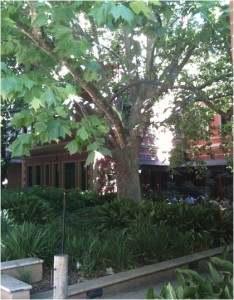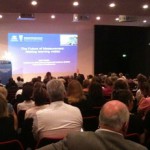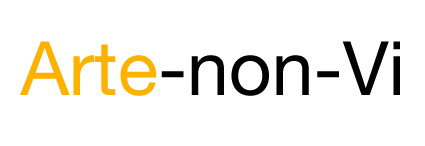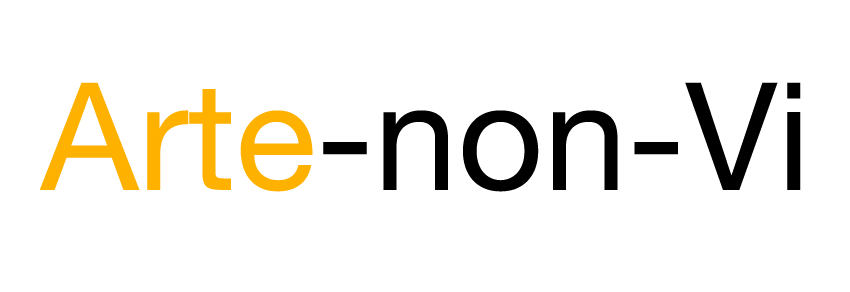Making Learning Visible

On a warm, almost balmy evening in Melbourne, I had the pleasure of attending the inaugural [and very heavily subscribed] Professorial Lecture by Professor John Hattie, entitled “The Future of Measurement – making learning visible” as part of the Dean’s Lecture series at the Melbourne Graduate School of Education.
Returning to the university grounds is always a pleasure and the 1888 courtyard did not disappoint. The work of the Univeristy of Melbourne in the field of education has always been innovative and often challenging the status-quo. The work of the Graduate School, in general, and that of centres such as the Centre for Research on Education Systems (formerly CPELL), are always at the fore-front in their fields.
Adding once again to the impressive depth and breadth of research talent, the Dean of the Melbourne Graduate School of Education, Professor Field Rickards, introduced and welcomed Professor Hattie, who has recently been appointed as the Director of The Melbourne Education Research Institute (MERI) which is the umbrella agency for research activities of the Graduate School of Education.
The focus of Professor Hattie’s presentation was the evolution of testing and measurement techniques and the opportunities that new developments in technology bring to the development of measurement and feedback systems for classroom teachers.
As someone that has a healthy, constructive and professional suspicion of schools and teaching, I view the work of John Hattie as very important.
He posited that we are at a cusp in understanding, technology and delivery that would allow a new regime of online and other feedback systems, encouraging teachers to genuinely and routinely moderate and explicitly apply what they learn about the progress of students they teach.
This can be near-or-real-time, moderated, researched based and most importantly,

replicable between class-room teachers, across schools and even systems. This has the potential to profoundly effect what we understand is possible in a classroom and school.
I have no-doubt it would also fundamentally reform teacher-education.
The abstract for the lecture stated:
Measurement invades so many aspects of our life, particularly in our schools. Indeed schools are awash with test data. Most of these tests look like those of 50 years ago. During the past ten years a new revolution has been occurring leading to fascinating new ways to think about measurement. These include the use of technologies, changing conceptions of how to assess the qualities of tests, the measurement of progress, assessing cognitive processes and the globalisation of measurement.
This lecture will outline this revolution, showing how many of these advances can be included in a reporting engine accessible to teachers. These assessment reports can make learning more visible to the student and the teacher.
Professor Hattie referred to his vast research [those of you who have followed my posts over the years will be aware of these] on student learning and his major meta-analyses on influences on achievement.
Those interested in student achievement, teacher effectiveness and the mysteries of cognitive improvement will do well to follow the work of Melbourne Education Research Institute over the coming years.
Links:
- Dean’s Lecture Series 2011 – Professor Hattie’s notes
- Melbourne Education Research Institute
- Indentifying what matter [2008]
- Student Learning – Too much is known… [2004]

